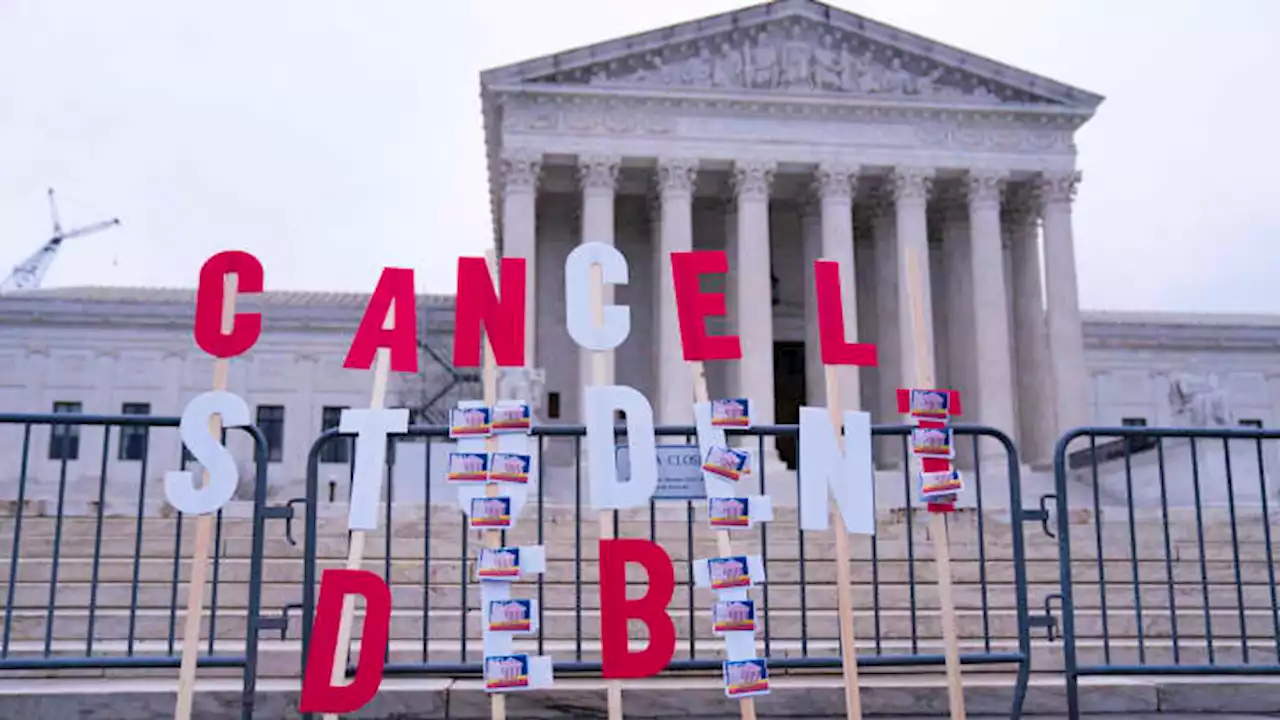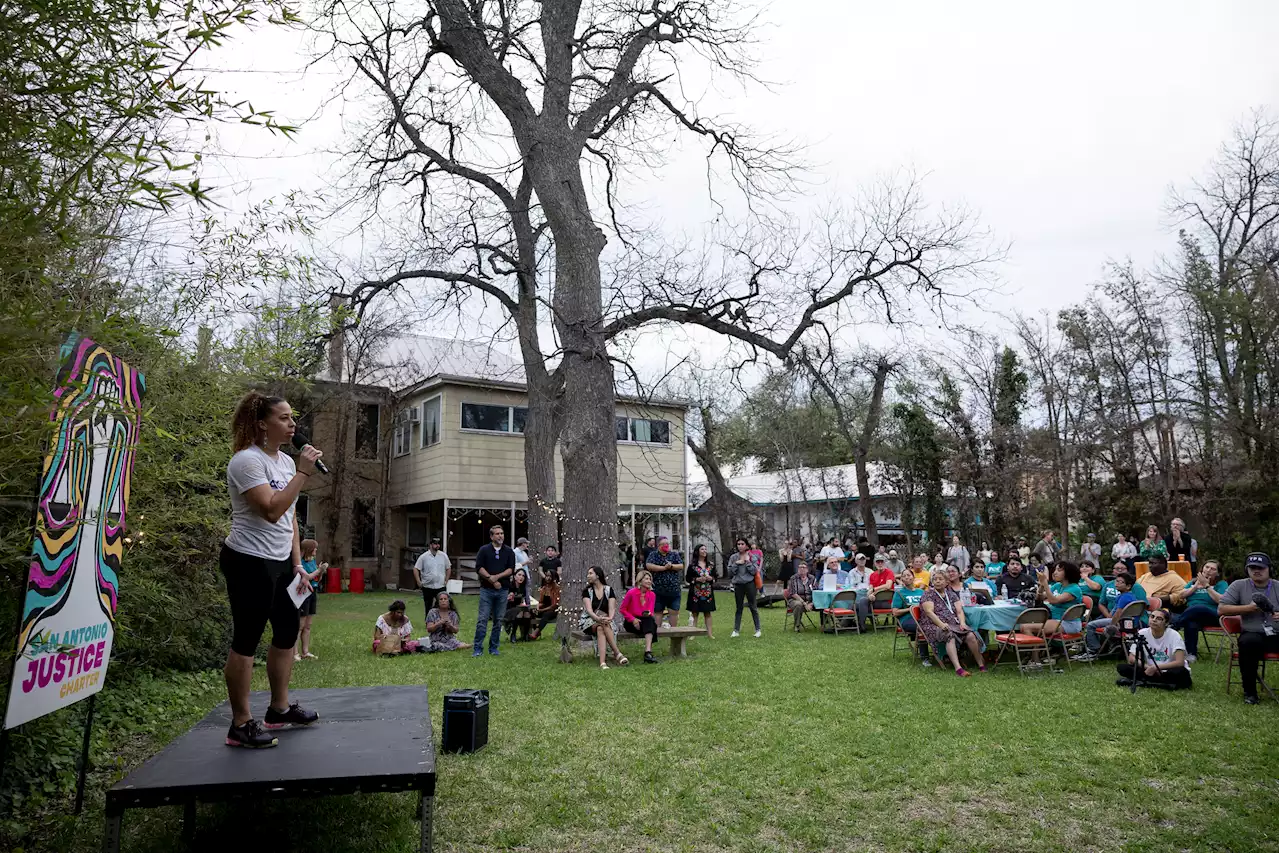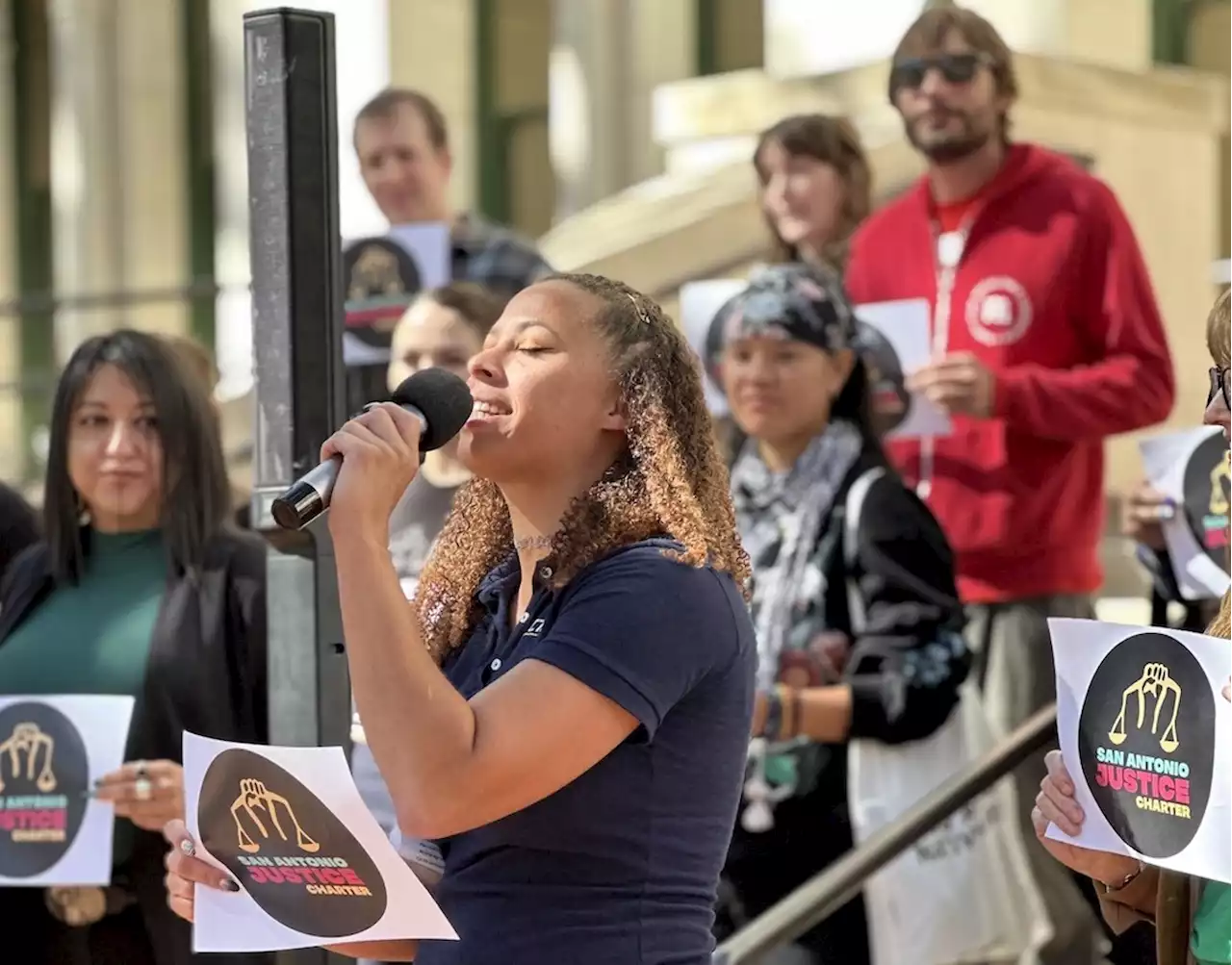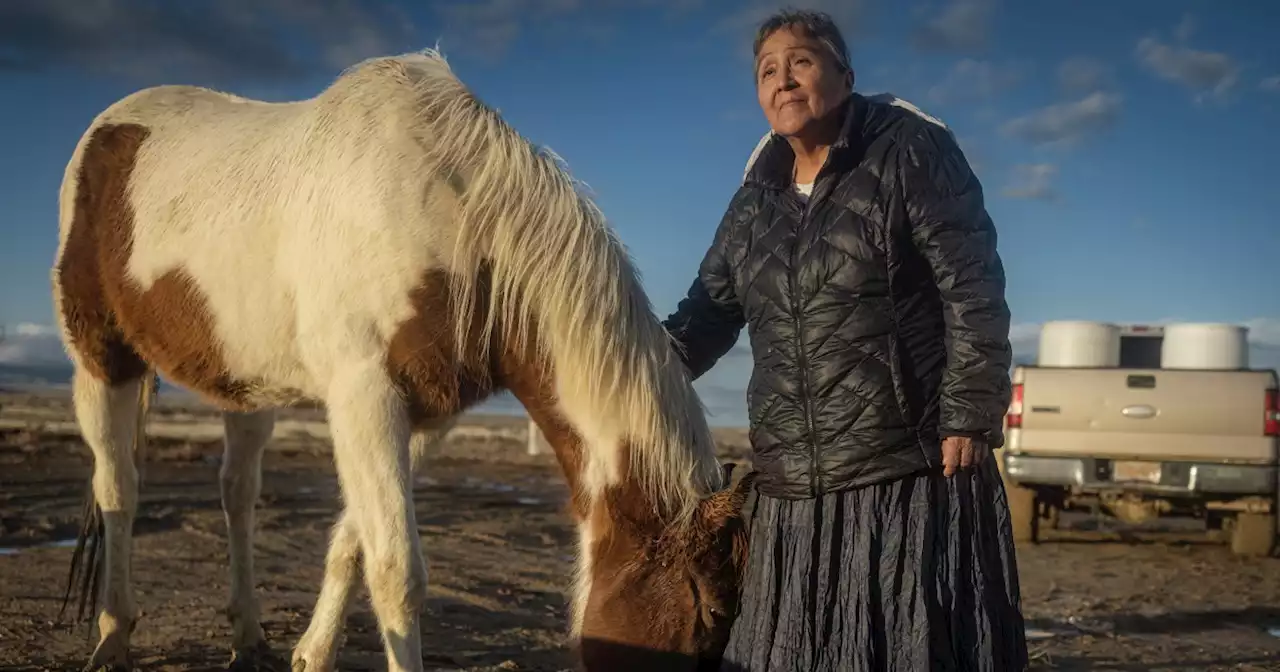The Navajo Nation filed a lawsuit in 2003 arguing that the U.S. government has a duty to assess the nation’s water needs and ensure it has enough. After lengthy litigation, that case is now before the Supreme Court, which hears oral arguments on Monday.
NAVAJO NATION, N.M. — Her hands gripping the steering wheel, Marilyn Help-Hood gingerly drove her rugged Ford pickup truck along rutted unpaved roads, occasionally sliding in the mud, in search of one thing: water.
As part of the tribe’s efforts to assert control over its long-term future, it filed a long-shot lawsuit in 2003 arguing that the U.S. government has a duty to assess the nation’s water needs and ensure it has enough. After lengthy litigation, that case is now before the Supreme Court, which hears oral arguments on Monday.
The lack of water and the infrastructure needed to pipe it across the vast reaches of the more than 17 million acre reservation — larger than the state of West Virginia — which straddles parts of Arizona, New Mexico and Utah, remains one of the biggest challenges facing Navajo leaders. At another stop on the tour, about an hour north of Help-Hood’s home, the Litson family talked about its struggles in getting water for its cattle ranch spread out over a hillside dotted with sagebrush. Dorthea Litson, whose family has farmed there for generations, bemoaned a storm that had knocked out a windmill that powers a water well.Dorthea Litson next to the broken windmill that powers a water well.
A 1922 compact divided the Colorado River into its upper and lower sections, and water allocation in the lower basin was addressed six years later by an act of Congress that also led to the construction of the Hoover Dam farther downstream on the Arizona-Nevada border. In the current Supreme Court case, the federal government says the tribe is seeking to reopen already decided cases that determine how water in the Lower Colorado River is allocated. The tribe counters that it is not seeking a decision on those rights specifically.
“The United States has a general trust relationship with Indian tribes. But the existence of that general relationship does not itself establish any judicially enforceable duties against the United States,” she wrote.
United States Latest News, United States Headlines
Similar News:You can also read news stories similar to this one that we have collected from other news sources.
 Supreme Court hears Navajo Nation case for access to Colorado River waterThe Supreme Court will hear oral arguments Monday in a case with major implications for how water from the drought-stricken Colorado River is shared and how the U.S. government honors obligations to Native American tribes.
Supreme Court hears Navajo Nation case for access to Colorado River waterThe Supreme Court will hear oral arguments Monday in a case with major implications for how water from the drought-stricken Colorado River is shared and how the U.S. government honors obligations to Native American tribes.
Read more »
 DOJ appeals to Supreme Court after court invalidates domestic violence restraining order gun banThe Justice Department is asking the Supreme Court to allow a federal ban on gun ownership for individuals under domestic abuse retraining orders to stand.
DOJ appeals to Supreme Court after court invalidates domestic violence restraining order gun banThe Justice Department is asking the Supreme Court to allow a federal ban on gun ownership for individuals under domestic abuse retraining orders to stand.
Read more »
 What's at stake — by the numbers — as Supreme Court weighs student loan forgivenessIf President Joe Biden's student loan forgiveness plan survives the Supreme Court, around 14 million people could see their balances entirely cleared.
What's at stake — by the numbers — as Supreme Court weighs student loan forgivenessIf President Joe Biden's student loan forgiveness plan survives the Supreme Court, around 14 million people could see their balances entirely cleared.
Read more »
 Supreme Court remembering Justice Ruth Bader GinsburgJustice Ruth Bader Ginsburg, a champion for women's rights whose death ahead of the 2020 election allowed the Supreme Court to become more conservative, will be remembered during ceremonies Friday at the high court.
Supreme Court remembering Justice Ruth Bader GinsburgJustice Ruth Bader Ginsburg, a champion for women's rights whose death ahead of the 2020 election allowed the Supreme Court to become more conservative, will be remembered during ceremonies Friday at the high court.
Read more »
 Texas Supreme Court dismisses Justice Charter challengeJustice Jane Bland wrote that any legal challenges to San Antonio's proposed charter amendment must wait until after the May election.
Texas Supreme Court dismisses Justice Charter challengeJustice Jane Bland wrote that any legal challenges to San Antonio's proposed charter amendment must wait until after the May election.
Read more »
 Marijuana and abortion will be on the ballot in San Antonio, Texas Supreme Court rulesNo other petitions against the San Antonio Justice Charter can be filed until after May's citywide election, the court also ruled. SanAntonio SATX SanAntonioTX Texas AbortionIsHealthcare abortionrights cannabisnews CannabisCommunity
Marijuana and abortion will be on the ballot in San Antonio, Texas Supreme Court rulesNo other petitions against the San Antonio Justice Charter can be filed until after May's citywide election, the court also ruled. SanAntonio SATX SanAntonioTX Texas AbortionIsHealthcare abortionrights cannabisnews CannabisCommunity
Read more »
